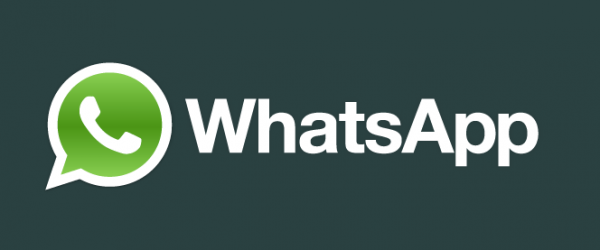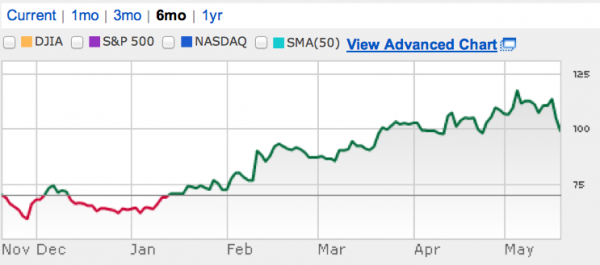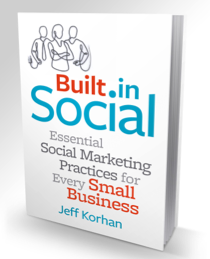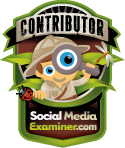
WhatsApp is an instant messaging service for smartphones that has over 450 million users, and it is growing globally at a rate of one million users every day.
How WhatsApp operates promises to influence Facebook as much as its mobile technology. Tweet this
That has lessons that can help your business ensure its relevancy moving forward.
#1 – Don’t Fall in Love with Your Business Model
Facebook’s business model is clearly driven by revenue from advertising. This enriches Facebook at the expense of advertisers and users. That’s right, the content that finds its way into your newsfeed is largely the result of advertising. We tend to forget that.
This is one reason why I have never liked this model, and have instead suggested a subscription model, much like the one that WhatsApp employs. They charge all of their users 99 cents per year, with the first year being free. I’m sure you can expect that to go up in the future.
Is there anything wrong with that? Keep reading to learn why some form of subscription model may prove to be beneficial for everyone concerned.
#2 – The User Experience Matters
Wouldn’t your business gladly pay a few hundred dollars/year to have all of its content delivered to 100% of its fans? Would you as a user pay fifty dollars/year to have an unfiltered Facebook experience? Would you pay one hundred to have no advertising at all?
Thankfully, WhatsApp co-founder Jan Koum is an industry veteran who now has a seat on Facebook’s board of directors. If his voice is heard it will hopefully encourage more focus on earning revenue while respecting the user experience.
It’s doubtful Facebook will ever adopt a pure subscription model, but a hybrid incorporating some of its qualities is a possibility.
#3 – Partner with Relevant Businesses
From the beginning Facebook has encouraged it’s employees to “move fast and break things.” Breaking things will often get you into trouble, and over the years it has for Facebook, especially in regards to privacy. However, now that Facebook is a public company it is taking more prudent risks.
Facebook recognizes that it is not cool anymore, especially with the younger crowd that is gravitating towards applications like Instagram and WhatsApp. Thus, in order to ensure its future relevancy Facebook is buying relevancy.
While making acquisitions may not be a possibility for your business, it can partner with those in your industry that have different perspectives, approaches, and platforms. Many are lauding Facebook’s acquisition of WhatsApp, with some even beginning to compare Mark Zuckerberg’s forward thinking wisdom to that of Steve Jobs.
If this acquisition influences Facebook as suggested here, then count me in that camp too. Facebook has never been more profitable. That’s the best time to break things.
Is it time to reconsider your business model to provide a better customer experience?
About the Author: Jeff Korhan, MBA, is the author of Built-In Social: Essential Social Marketing Practices for Every Small Business – (Wiley 2013)
He helps mainstream businesses adapt their traditional growth practices to a digital world. Connect with Jeff on LinkedIn, Twitter, Facebook, and Google+.



